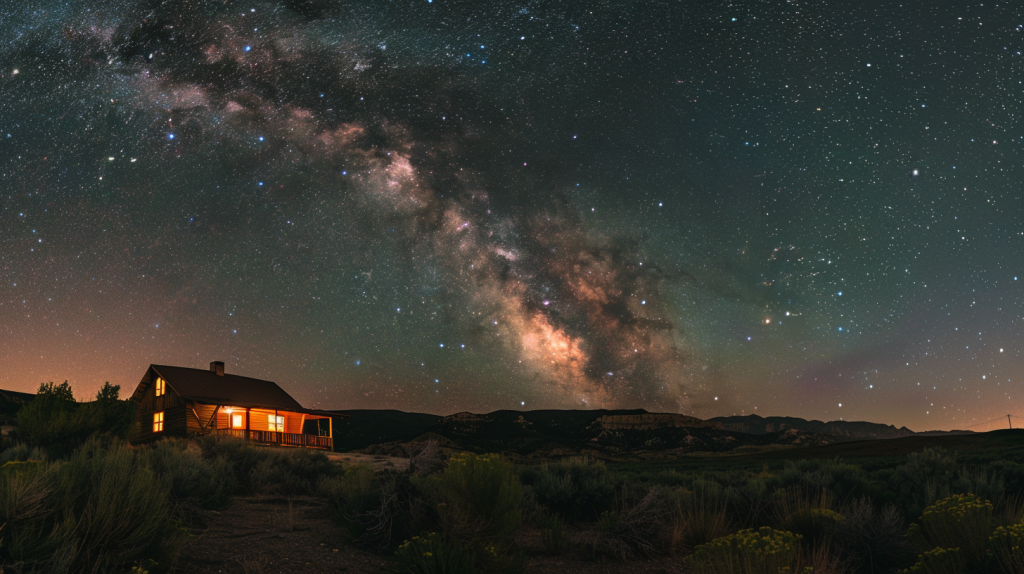A total power grid failure is a scenario that could plunge our modern world into chaos. While it might seem like something out of a sci-fi movie, experts warn it’s a real possibility. Let’s explore 18 things we might face if the lights suddenly went out for good.
Instant Darkness
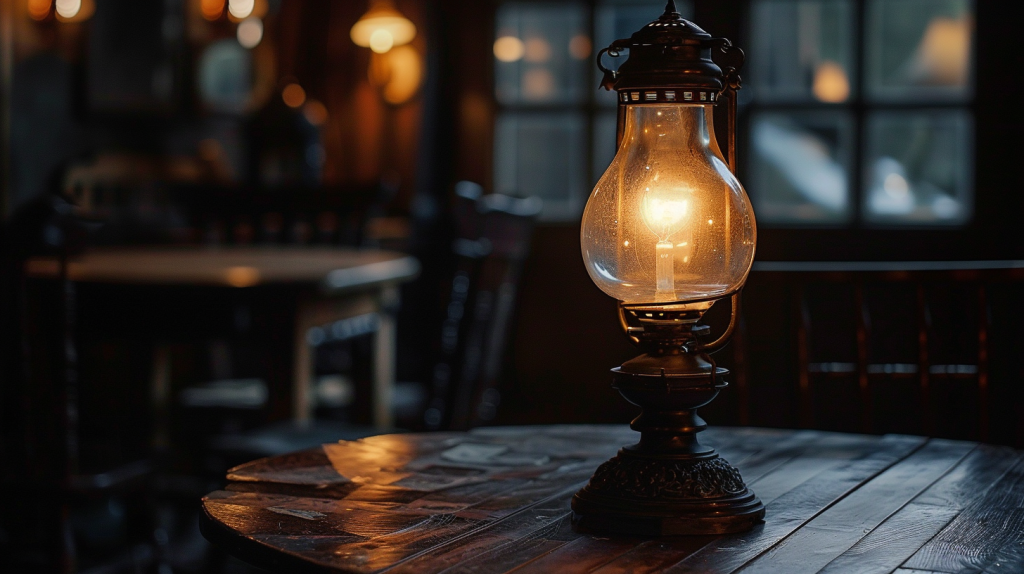
When the power grid fails, we’ll be plunged into darkness without warning. Street lights, home lighting, and even the glow from our devices will vanish. This sudden blackout will be jarring and disorienting. We’ll need to quickly find alternative light sources like candles or battery-powered lamps. It’s a stark reminder of how much we rely on electricity for something as basic as seeing in the dark.
No More Running Water
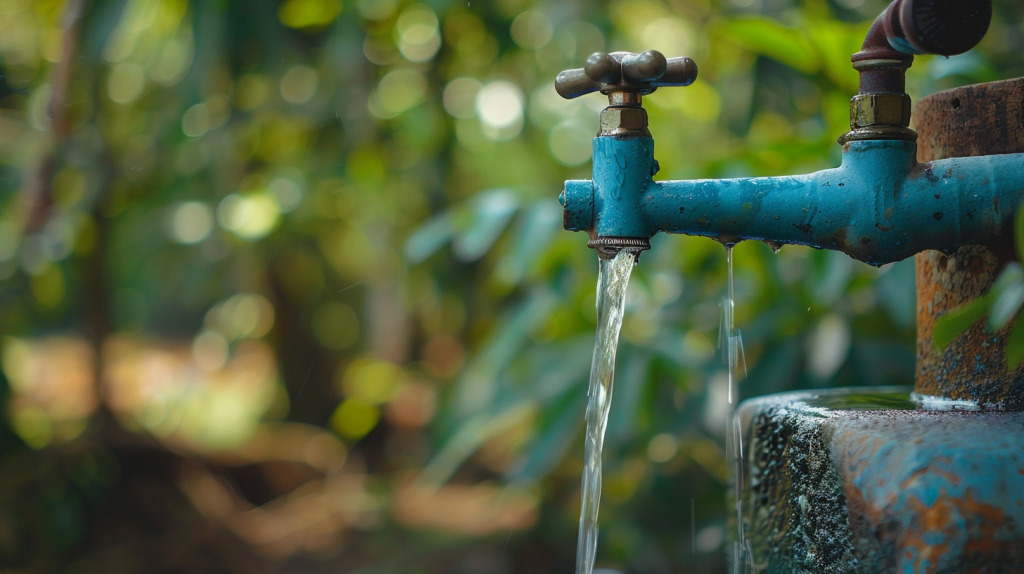
Most water treatment and distribution systems rely on electricity. Without power, these systems will stop working. Our taps will run dry within hours or days. We’ll need to find alternative water sources and learn how to purify water ourselves. Suddenly, that nearby stream or rainwater collection might become crucial for survival.
Food Spoilage
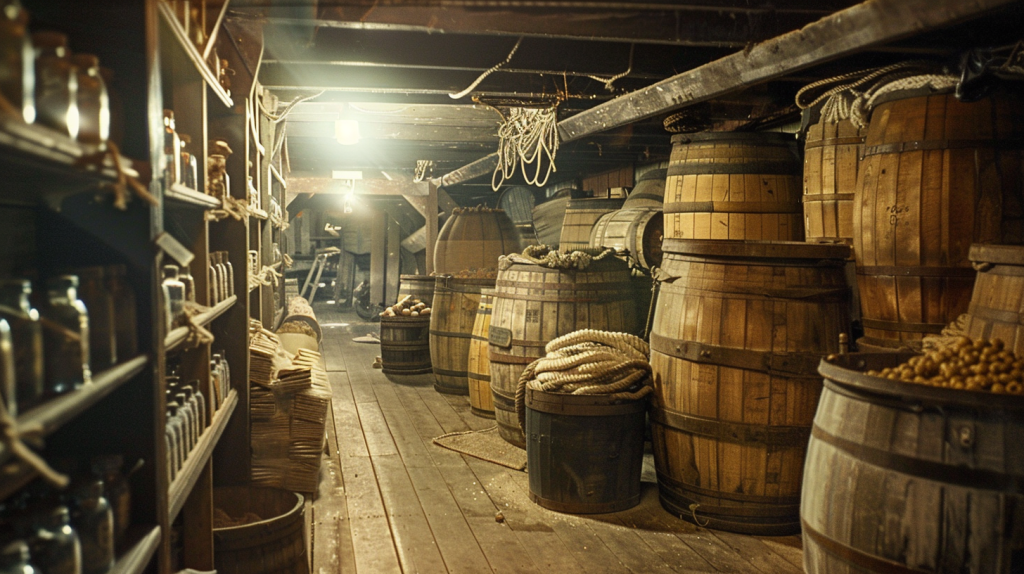
Our refrigerators and freezers will stop working. All that food we’ve stored will start to spoil quickly. We’ll need to eat perishables fast or find ways to preserve them without electricity. Canning, drying, and smoking might become essential skills. Our diets will shift dramatically towards non-perishable foods.
Communication Breakdown

Cell phones, internet, and TV will all go dark. We’ll lose our main ways of staying informed and in touch with loved ones. Battery-powered radios might become our primary source of news. We’ll need to adapt to a world with much less information and connection. Face-to-face interactions will become more important than ever.
Transportation Chaos
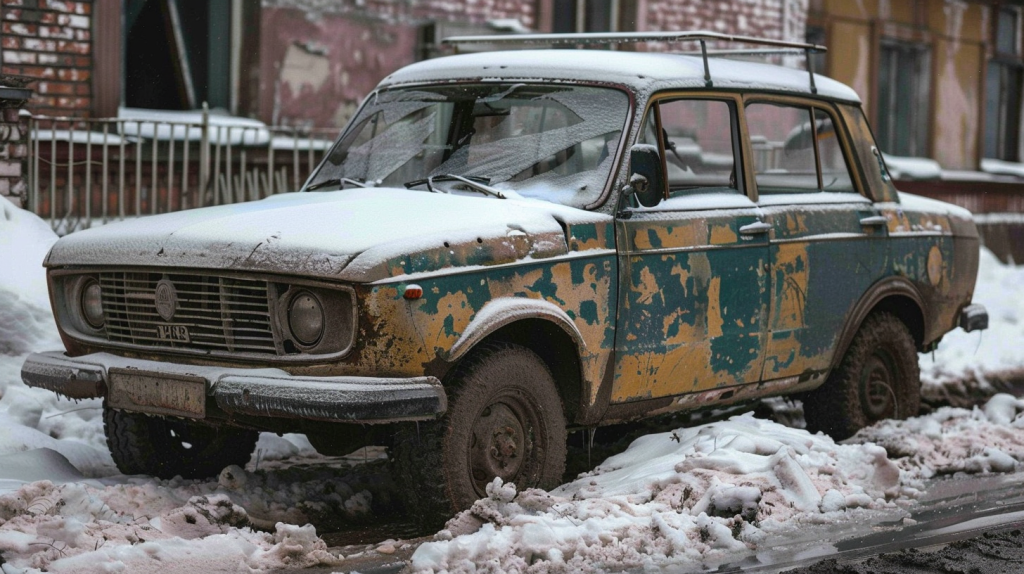
Gas pumps won’t work without electricity. Electric cars won’t be able to charge. Public transportation systems will grind to a halt. We’ll need to rely on bikes, walking, or vehicles that don’t need electricity to refuel. Our ability to travel long distances will be severely limited.
Healthcare Crisis
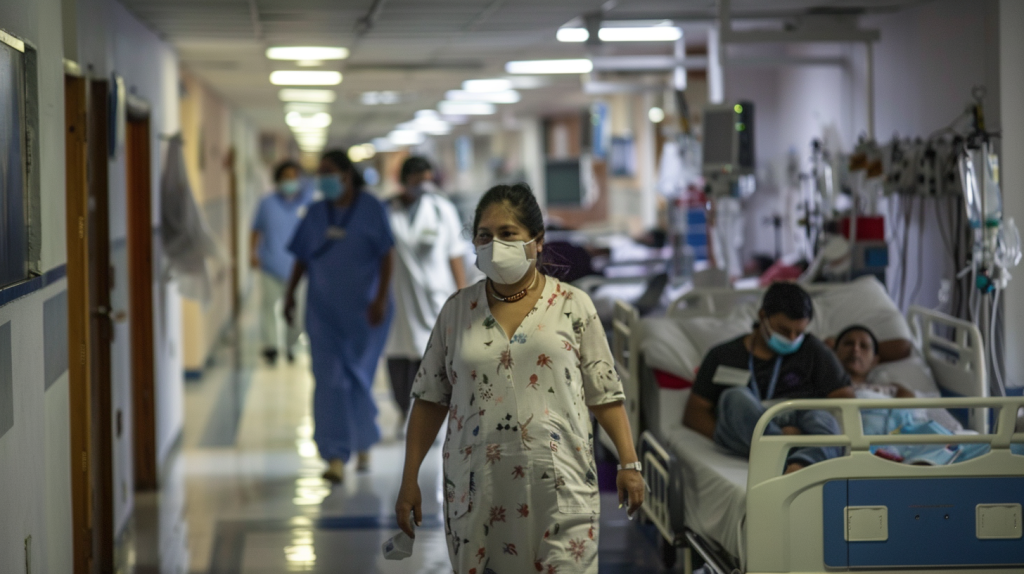
Hospitals have backup generators, but these will eventually run out of fuel. Medical equipment that relies on electricity will stop working. Medications that need refrigeration will spoil. We’ll need to rely more on basic first aid and natural remedies. The healthcare system as we know it will face a massive challenge.
Money Becomes Useless
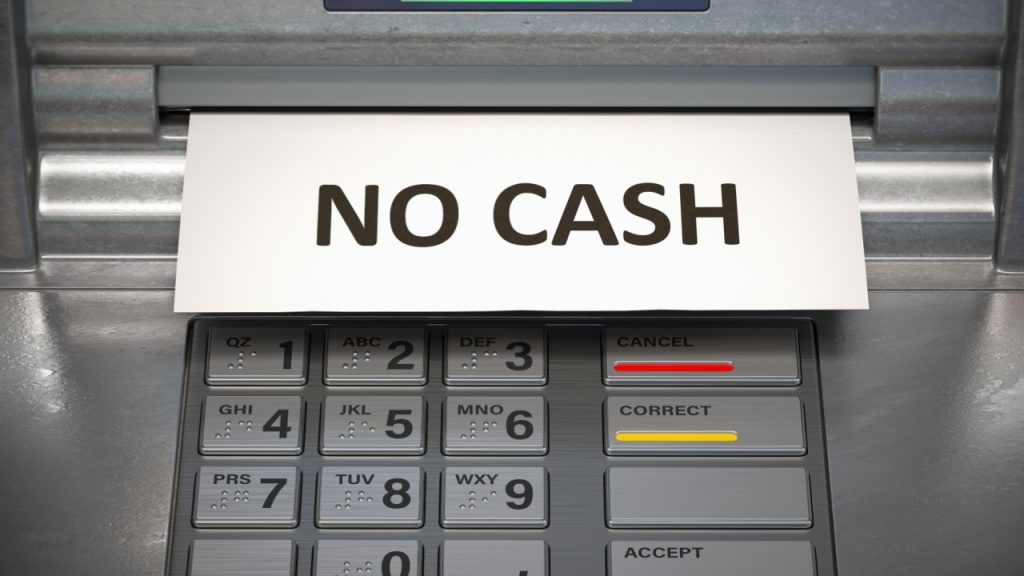
Electronic payment systems will fail. ATMs won’t work. Banks will be closed. Cash might still be useful for a while, but eventually, we might need to switch to a barter system. The value of items like food, water, and fuel will skyrocket. Our entire economic system will need to be reimagined.
No More Climate Control

Heating and air conditioning systems will stop working. We’ll be at the mercy of the weather. In extreme climates, this could be life-threatening. We’ll need to find alternative ways to stay warm or cool, like wearing more layers or using hand fans. Our comfort levels will change dramatically.
Security Concerns Rise
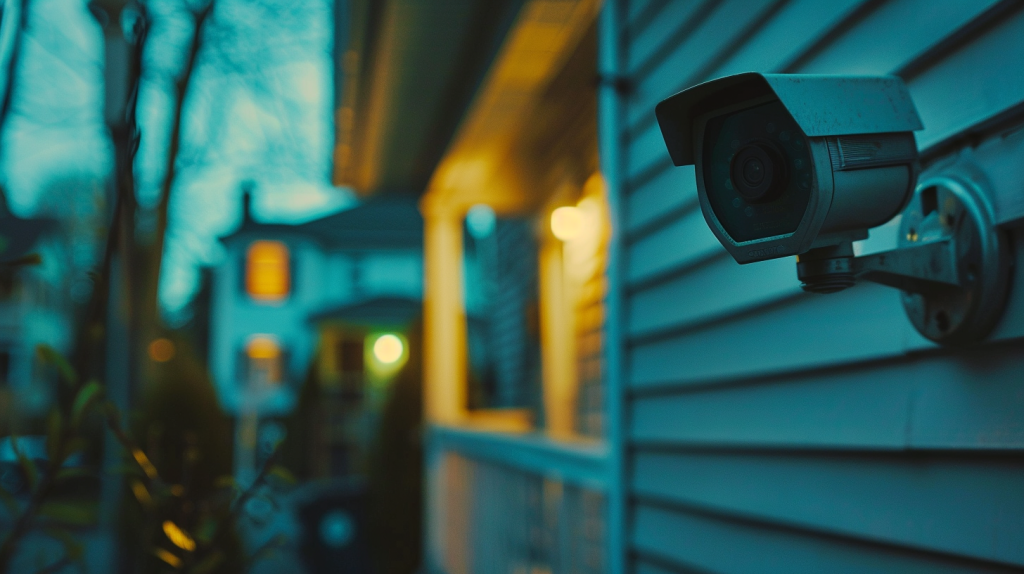
Security systems and surveillance cameras will fail. Police will have limited ability to respond to emergencies. We might see a rise in crime as people become desperate for resources. Communities will need to come together to ensure safety. Neighborhood watch programs could become crucial.
Education Disruption

Schools rely heavily on electricity for lights, computers, and other equipment. Education as we know it will be disrupted. We might need to return to more traditional teaching methods. Books will become even more valuable. Learning practical survival skills might become a priority.
Job Market Upheaval
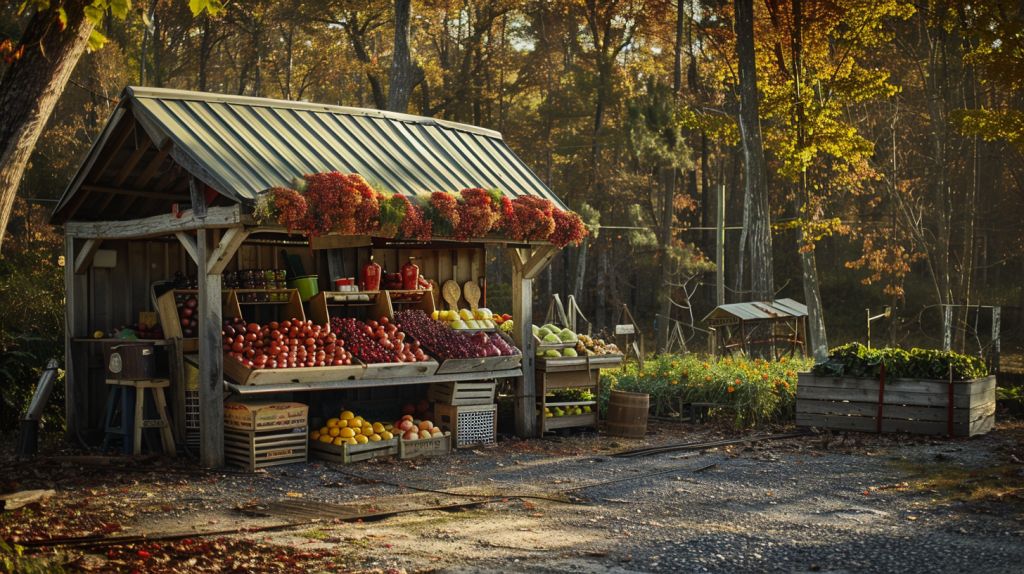
Many jobs that rely on electricity and technology will disappear overnight. People will need to adapt quickly to find new ways to make a living. Skills like farming, repair work, and manual crafts might become highly valued. The job market will look completely different.
Entertainment Revolution

Our usual forms of entertainment – TV, video games, streaming services – will vanish. We’ll need to find new ways to entertain ourselves. Board games, storytelling, and live performances might make a comeback. We might rediscover the joy of simpler pastimes.
Waste Management Issues
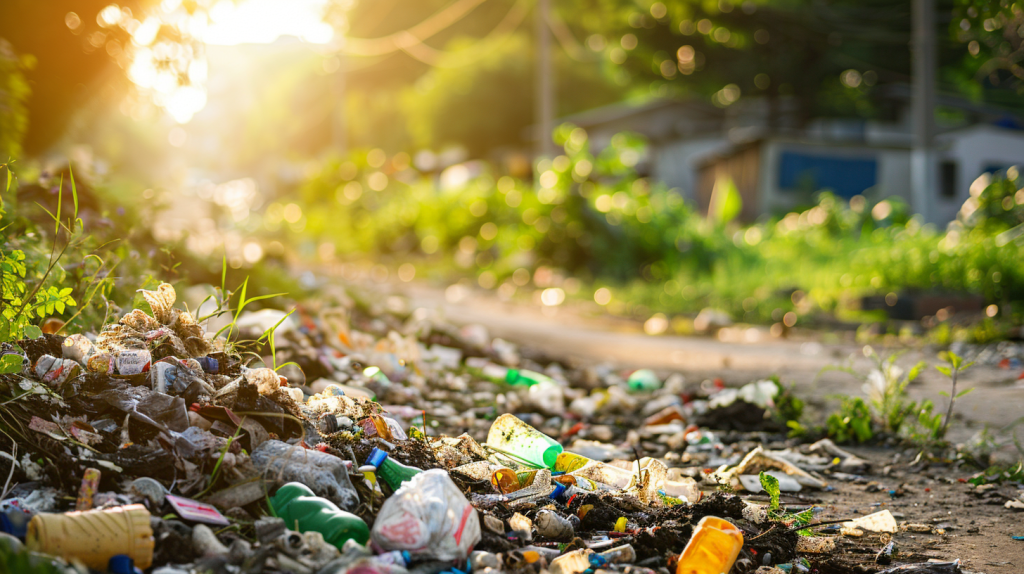
Sewage systems that rely on electric pumps will fail. Garbage trucks won’t run. We’ll need to find ways to dispose of waste safely to prevent disease outbreaks. Composting toilets and local waste management solutions might become necessary. Keeping our living areas clean will be a constant challenge.
Agriculture Challenges
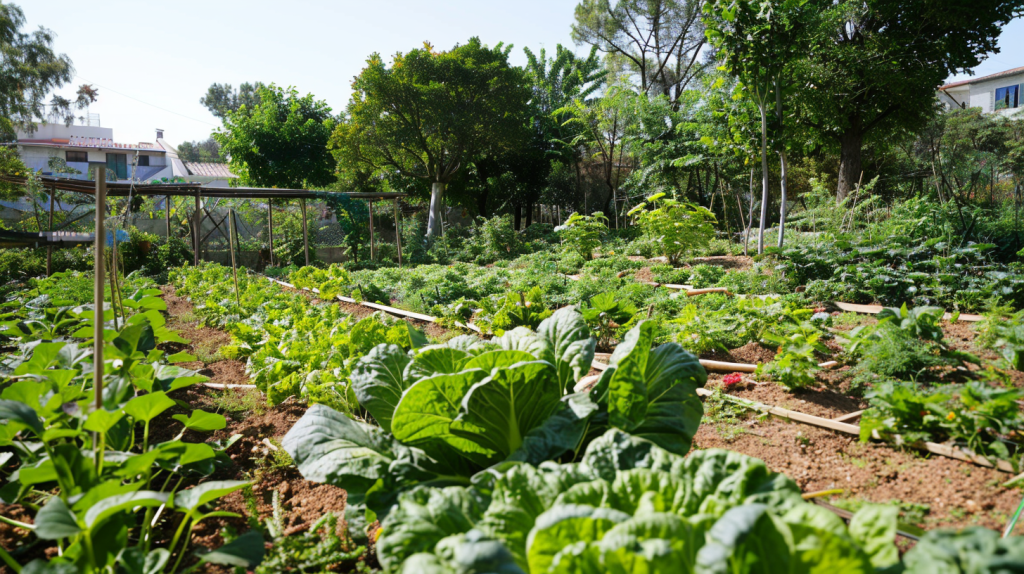
Modern farming relies heavily on electricity for irrigation, milking machines, and other equipment. Food production will drop dramatically. We might need to return to more traditional farming methods. Growing our own food in backyard gardens could become essential for survival.
Manufacturing Shutdown
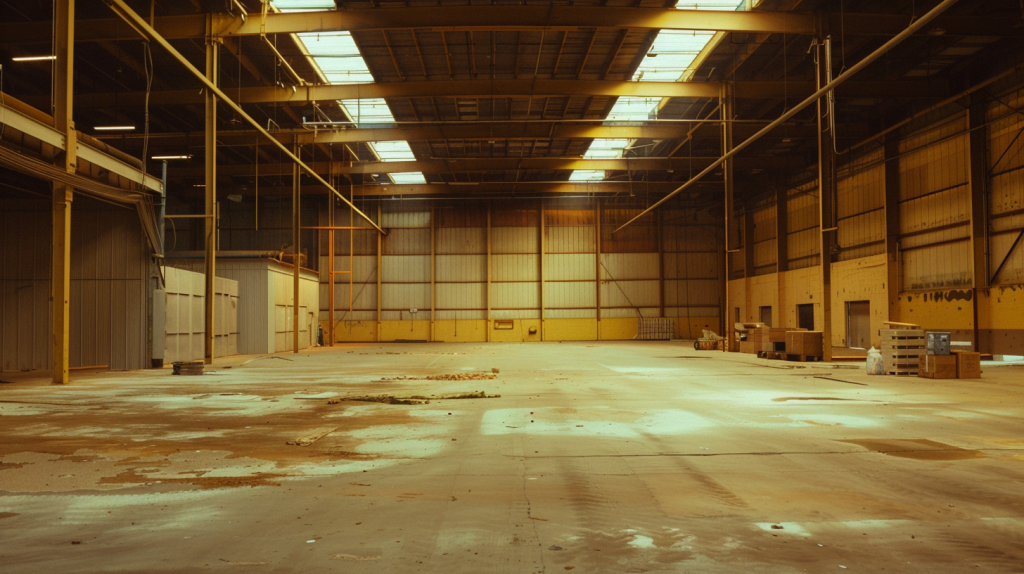
Most factories and production lines need electricity to operate. Manufacturing of goods will grind to a halt. We’ll need to rely on existing supplies of items like clothes, tools, and building materials. Repairing and repurposing old items will become crucial skills.
Information Preservation Struggle
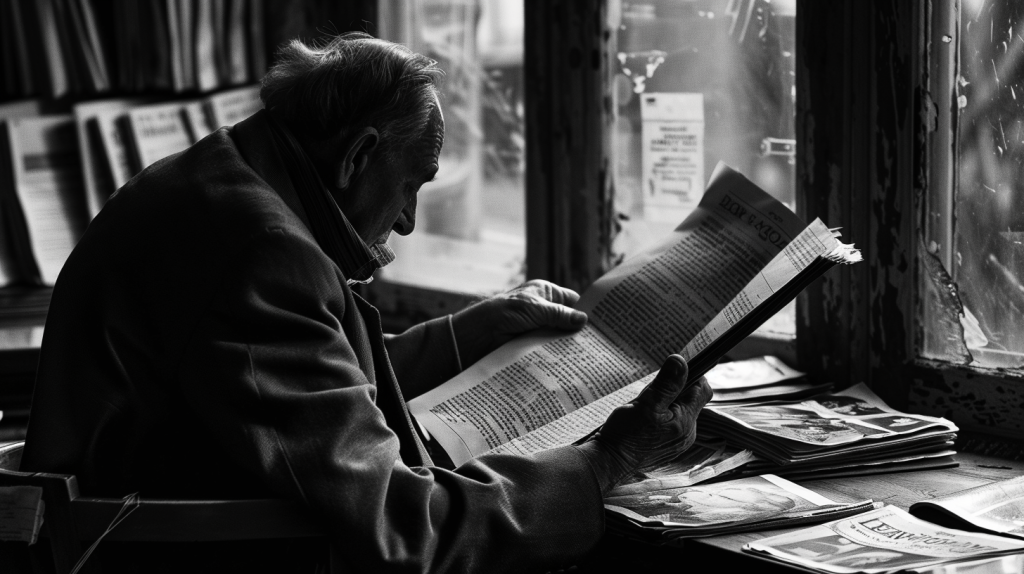
Without electricity, we risk losing vast amounts of digital information. Books, printed documents, and handwritten records will become incredibly valuable. We might need to find ways to preserve important information without relying on digital storage. Libraries could become vital community resources.
Night Sky Revival
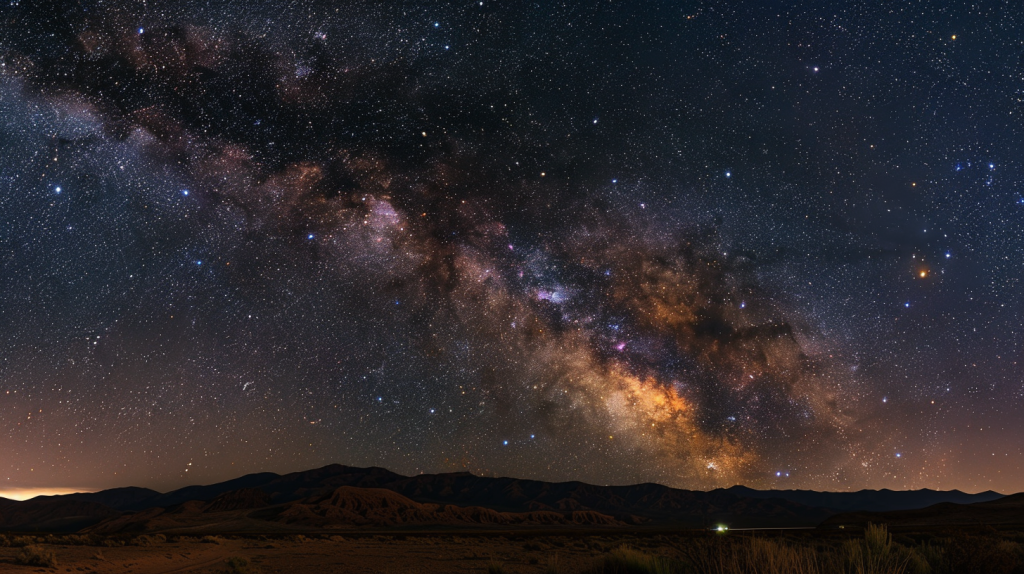
With all artificial lighting gone, we’ll see the night sky like never before. Light pollution will disappear, revealing countless stars. This could lead to a renewed interest in astronomy and our place in the universe. The beauty of the natural world might become more apparent.
Community Bonding

In the face of these challenges, communities will need to come together like never before. We’ll rely on our neighbors for support, resources, and safety. This could lead to stronger social bonds and a renewed sense of community spirit. Despite the hardships, we might find new ways to connect with each other.
Katy Willis is a writer, master herbalist, master gardener, and certified canine nutritionist who has been writing since 2002. She’s finds joy in learning new and interesting things, and finds history, science, and nature endlessly fascinating.
